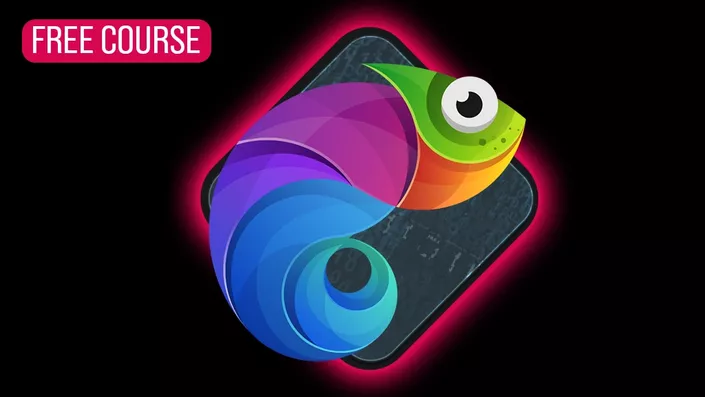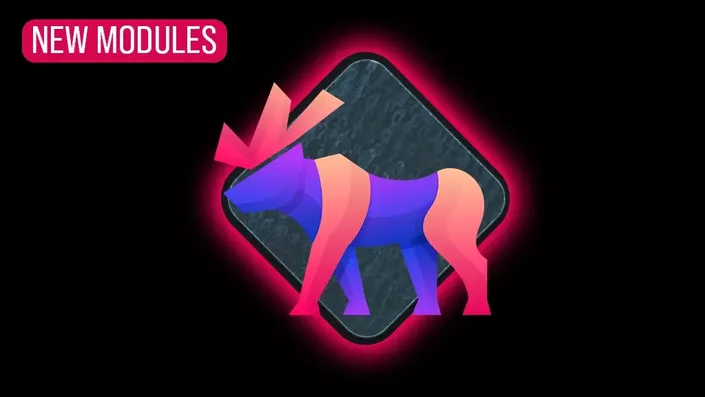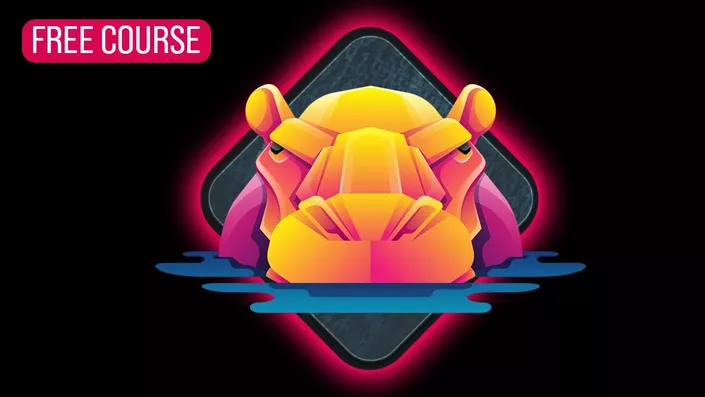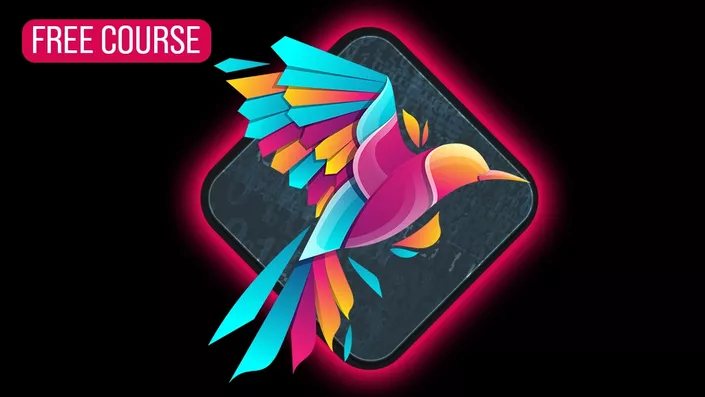Course Overview
Practical Security Fundamentals is designed to provide an introduction to security principles for students considering a career in cybersecurity. Students will learn about general security concepts and operations, as well as the common threats, vulnerabilities, and mitigations faced in the field. As with all TCM Security courses, we focus on providing practical experience, meaning you’ll gain real-world experience with security tools and techniques by participating in hands-on labs. By the end of this course, you will be equipped with the foundational security knowledge needed to pursue more specialized career pathways like penetration testing, malware researcher, or security analysis.
Key Topics Covered
- Security Basics
- The Red Team and Blue Team
- Defensive Tooling
- Common Threats and Attacks
- Cryptography
- Authentication, Authorization, and Accounting
- Cybersecurity Frameworks
- Incident Response and Digital Forensics
Prerequisites
Students should have familiarity with how computer systems and networks work. If you are new to IT and cybersecurity, it’s recommended to start with the Practical Help Desk course (or have equivalent knowledge) to follow along with the course.
System Requirements
An internet connection and ability to run virtual machines is required to take this course.
Practical Security Fundamentals Course Objectives
By the end of this course, students will be equipped with the foundational security knowledge they need to proceed with courses like Practical Ethical Hacking and Security Operations (SOC) 101. By the end of the course, students will be able to:
-
Understand Fundamental Security Concepts: Grasp the foundational principles of cybersecurity, including the CIA Triad, defense in depth, and least privilege.
-
Explore Key Cybersecurity Roles and Career Paths: Identify the roles within Blue and Red Teams, and understand the career paths and responsibilities of SOC analysts, penetration testers, and ethical hackers.
-
Intro to Defensive Security Tools: Learn about essential security technologies such as firewalls, antivirus software, EDR, SIEM, and perform hands-on labs for firewall configuration and threat detection.
- Analyze and Defend Against Common Threats: Understand various attack methods, including social engineering, malware, and network-based threats, and apply practical techniques to defend against them.
-
Develop Incident Response and Forensic Skills: Learn how to handle cybersecurity breaches, understand the basics of digital forensics, and apply incident response techniques using industry-standard frameworks.

Who Should Take Practical Security Fundamentals?
This course is for students who are looking to break into the IT or security field or who are early on in their career. It was designed to provide the core skills and knowledge required to take the next step from IT to cybersecurity.
It also serves as a solid foundation of the requisite knowledge suggested for more advanced courses in the TCM Security Academy such as the Practical Ethical Hacking or SOC 101 courses.
Practical Security Fundamentals Curriculum
About the Instructor: Andrew Bellini
My name is Andrew Bellini and I sometimes go as DigitalAndrew on social media. I’m an electrical engineer by trade with a bachelor’s degree in electrical engineering and am a licensed Professional Engineer (P. Eng) in Ontario, Canada. While my background and the majority of my career has been in electrical engineering, I am also an avid and passionate ethical hacker.
In addition to my love for all things ethical hacking, cybersecurity, CTFs and tech I also am a dad, play guitar and am passionate about the outdoors and fishing.

Courses Included in the Free Tier
Free Tier FAQ
Is this a free trial?
No! To access the free content, create an account using your email address to receive unlimited access to the free tier courses. There is no expiration date or time limit on access.
Do I need to have a credit card?
No, you are not required to enter a credit card number to access the free content. Just create an account using your email address and you’ll be able to access the free course content.
When will I be charged?
Never! You will only be charged if you purchase an All-Access Membership.
What is an All-Access Membership?
The All-Access Membership is a monthly subscription that provides you with unlimited access to 25+ on-demand video courses in the TCM Security Academy.
I don't see the free tier courses in my Academy account. Where are they?
You must have an active All-Access Membership subscription to access the free tier content. If you purchased individual courses in the past, or have access to course materials because you purchased a certification voucher, you will need to enroll in the Academy. If you enroll using the same email, the free courses will appear in your existing account.
Please contact support if you are still having issues at [email protected].
I can see the course, but it won’t load or play. What should I do?
We use Cloudflare to protect our course platform and unfortunately, it does not play nice with VPNs. If you are experiencing issues, turn off your VPN and try again. If that does not solve the issue, please contact our support team at [email protected] and we will help you out.
Will I receive a certificate of completion when I finish a course?
Yes. All courses come with a certificate of completion.
Do the courses count as Continuing Education Units (CEUs)?
Yes. Every certificate of completion comes with the total CEUs earned listed on the certificate.







